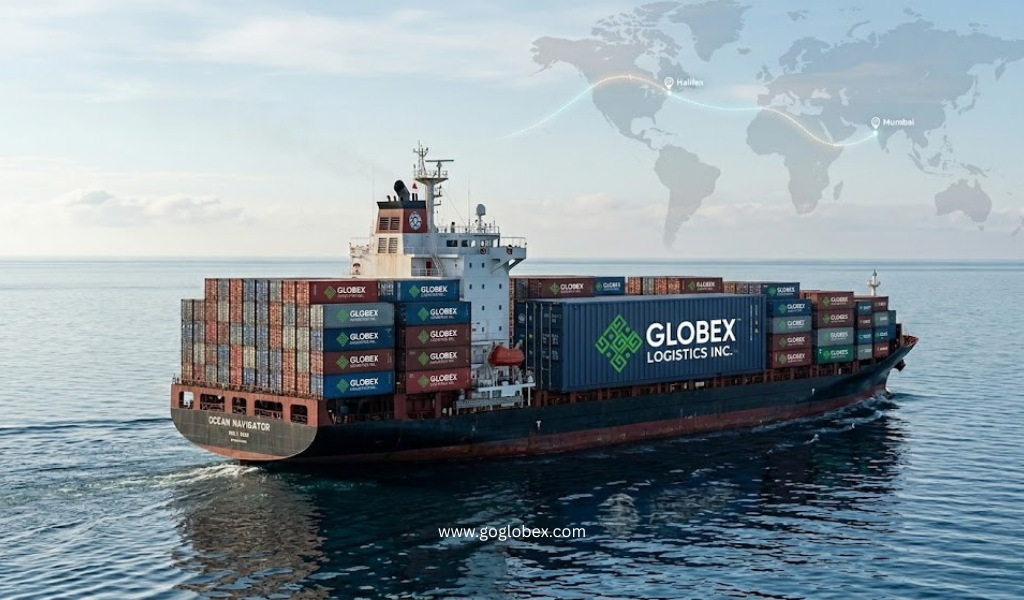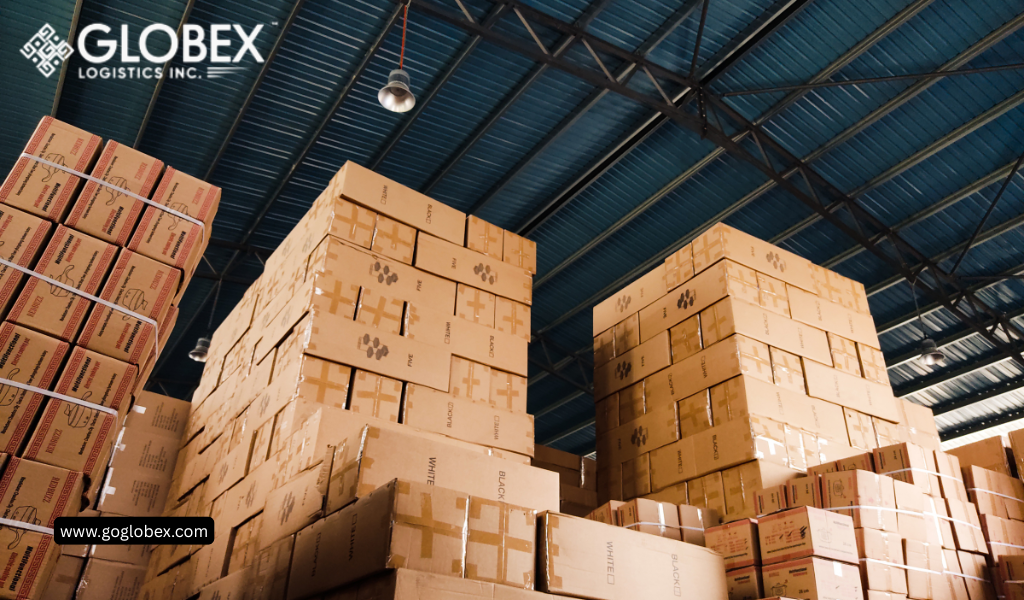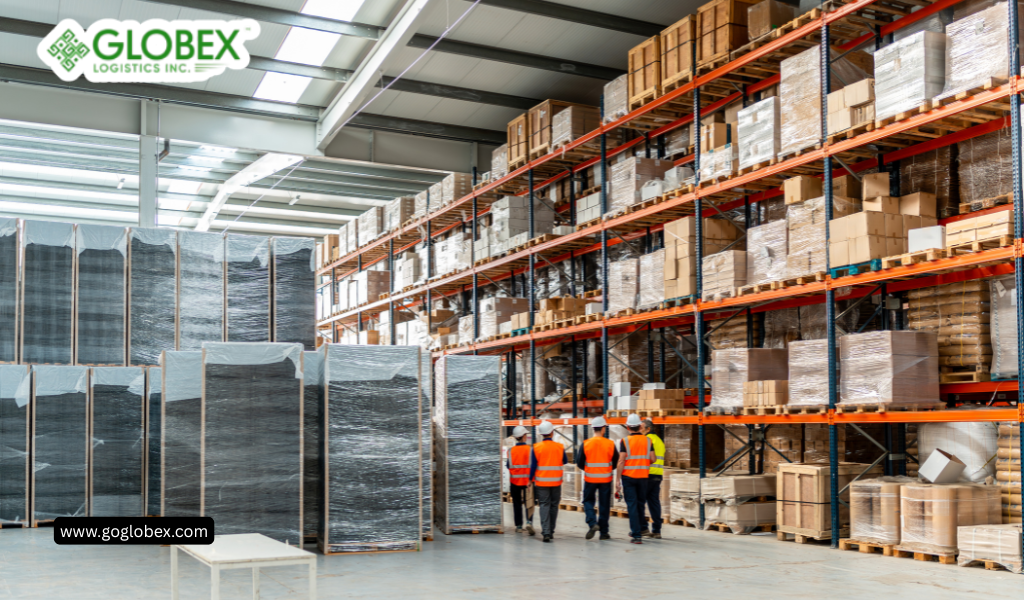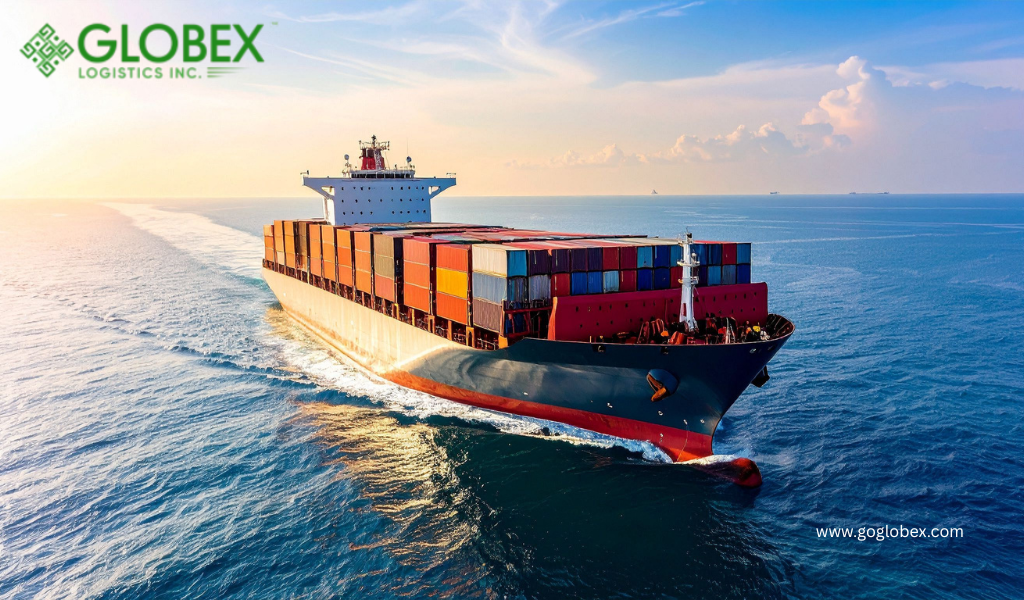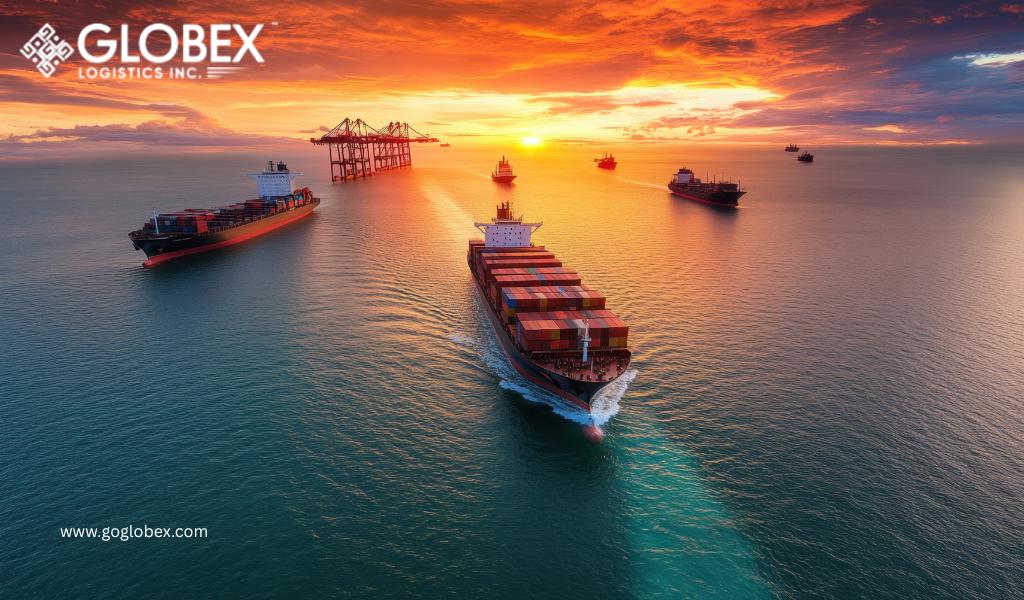
Why Ocean Freight Consolidation Matters for Global Shippers?
In today's fast-moving world of global trade, ocean freight consolidation plays a pivotal role for shippers striving to cut costs, enhance efficiency, and extract the best from cargo logistics. From small businesses that shipped goods for the first time to international corporations with massive logistics to handle, a familiarity with how sea freight consolidation services function could remarkably improve your supply chain performance.
Ocean shipping consolidation enables several shippers to consolidate smaller loads (less than a container load [LCL]) into a full container. In so doing, this also minimizes costs and maximizes space efficiency, facilitates customs clearance, and helps make delivery tracking easier.
Example:
If your business doesn’t have enough cargo to fill a 40-foot container, a freight forwarder can combine your goods with other companies’ shipments bound for the same destination. On arrival at the destination port, the container is stripped, and each shipment is trucked to its addressee.
Also Read: Unlocking the Power of Ocean Freight in Global Trade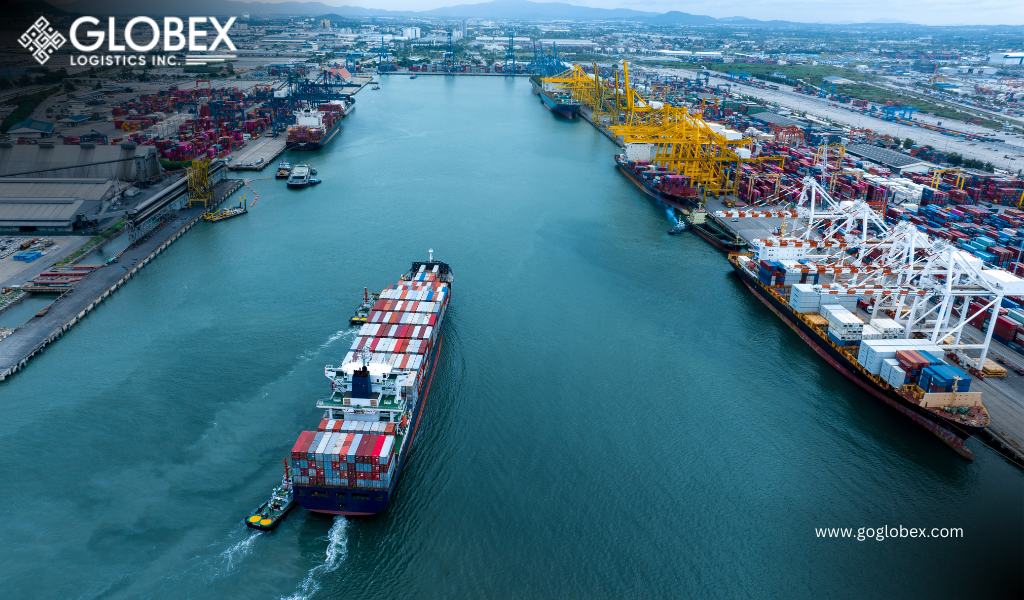
Ocean shipping consolidation enables several shippers to consolidate smaller loads (less than a container load [LCL]) into a full container. In so doing, this also minimizes costs and maximizes space efficiency, facilitates customs clearance, and helps make delivery tracking easier.
What Is Ocean Freight Consolidation?
In essence, LCL, or ocean freight consolidation, is a logistics practice of combining multiple smaller shipments from multiple shippers that share the space in a container when crossing oceans to renowned customers. And each shipper pays only for the space taken up by its goods, not for an entire container. This is also called LCL ocean consolidation (less than container load).Example:
If your business doesn’t have enough cargo to fill a 40-foot container, a freight forwarder can combine your goods with other companies’ shipments bound for the same destination. On arrival at the destination port, the container is stripped, and each shipment is trucked to its addressee.
Benefits of Sea Freight Consolidation Services
1. Savings for Small and Medium Businesses
It also allows shippers to avoid wasting money on unused container space. Costs aren’t concentrated in one location, but across many businesses, and with smaller players shipping moderate volumes of goods, it is a relatively low-cost alternative.2. Increased Flexibility and Scalability
It is diametrically opposed to the FCL (apartment filling) shipping method, which necessitates large volumes to be reasonably priced and provides flexibility as far as the quantity of cargo is concerned. You can ship smaller volumes more often, reacting promptly to market demand and minimizing the costs of inventory storage.3. Streamlined Customs and Documentation
The maritime consolidation logistics that freight forwarders deal with means they do all the documentation, customs formalities, etc. This eliminates administrative overheads and regulatory compliance issues in international trade as well.4. Enhanced Product Delivery Time and Accuracy
Trustworthy consolidation service Ocassion fCl300-b providers benefit from highly efficient global networks and shipping routes to expedite the transit time, and your cargo arrives on the promised date.How LCL Ocean Consolidation Works?
1. Booking and Cargo Collection:
How does it work? It begins with a shipper booking space for their cargo with a freight forwarder that provides LCL ocean consolidation. The freight is aggregated from several suppliers and received at a cross-dock warehouse.2. Cargo Inspection and Packaging:
Every shipment is checked, labeled, and boxed to secure it for transportation. Correct identification provides for hassle-free devanning at the destination port.3. Container Loading:
The goods are placed into a container with shipments for the same destination. Safety and efficiency define the space.4. Ocean Shipping:
The container is transported to the receiving port and deconsolidated. All shipments shall be segregated and sent to their individual consignee.Why the Global Shippers Are Choosing Container Consolidation Ocean Carriers?
The consolidation of container ocean shipping is not just about saving money—it’s a strategic move for better global logistics.- Environment Friendly: Because container space is shared, there are fewer containers, which means less fuel and CO? emissions for getting your shipment from here to there.
- Security: Consolidation services are usually handled by professional ocean freight consolidators who adhere to tight security and tracking measures.
- Optimized warehouse and distribution—Most freight forwarders prove to be end-to-end maritime consolidation logistics coverage with warehousing and inventory management as well as distribution.
Also Read: Unlocking the Power of Ocean Freight in Global Trade

Selecting the Right Ocean Freight Consolidation Services
Choosing the right logistics partner is crucial to realizing the benefits of consolidation. Find ocean consolidation services that offer:- Proven global network coverage
- Transparent pricing and live tracking facilities
- Experience with customs dealing and documentation
- Such services would be added value, like insurance, packaging, and last-mile delivery.
Common Challenges in Ocean Freight Consolidation
Consolidation has many advantages, but knowing possible risks helps you prepare well for it:- Transit Delay: As there are a few shipments in the same container, if one of them is delayed at the gateway, then the other shipment may be impacted because it would be waiting and joined together.
- Complicated Paperwork: Accompanying documents for more than one shipment can be a headache to handle, especially without an expert’s assistance.
- Handling and Security: Consolidated shipments may be handled a number of times, so trustworthy sea freight consolidation logistics companies are essential.
Ocean Freight Consolidation’s Future
Ocean freight consolidation is changing in the midst of the growing global trade and booming e-commerce with cutting-edge technology solutions. Freight management platforms now offer:- Real-time tracking for LCL shipments
- AI route optimization to minimize delivery times
- Automatic freight rate checks for the best price on shipping
Conclusion
For global shippers seeking efficiency, flexibility, and cost savings, Ocean Freight Consolidation is a smart logistics strategy. It enables businesses to optimise shipping costs, maintain delivery reliability, and benefit from professional maritime consolidation logistics. Whether you’re a small business or a global enterprise, choosing the right ocean freight consolidation providers ensures your cargo reaches its destination securely and on time.FAQs on Ocean Freight Consolidation
1. What is the difference between LCL and FCL shipping?
LCL (Less than Container Load) means your cargo shares space with other shipments, while FCL (Full Container Load) means you book an entire container for your goods. LCL is ideal for smaller shipments and cost savings.2. How can I calculate the cost of my consolidated shipment?
Costs depend on cargo volume, destination, and additional services. Many ocean freight consolidation providers offer online calculators or instant quotes for accuracy.3. Is ocean freight consolidation suitable for all types of goods?
Yes, as long as the items are non-hazardous and meet shipping regulations. It’s ideal for consumer goods, machinery parts, textiles, and electronics.Recent posts
categories

